Ahead of Secretary Pompeo’s visit to Africa—specifically Angola, Ethiopia, and Senegal—Brookings experts Addisu Lashitew, Ahmadou Aly Mbaye, Mike O’Hanlon, and Witney Schneidman discuss the Trump administration’s current Africa policy, the evolution of U.S.-Africa relations, and Pompeo’s agenda items, including trade and security.
Witney Schneidman:
Pompeo’s going to have his hands full in terms of explaining the different messages coming from Washington … [he] really needs to convey to African leaders that Africa is generally a priority for the United States and that the U.S. wants to be a partner when it comes to accelerated economic development, wants to be a partner when it comes to good governance, and wants to be a partner when it comes to enhancing security. And if he can cut through and promote those messages clearly, then I think his trip will be successful.
Mike O’Hanlon:
The idea that we should be, somehow, so concerned about Russia and China in their immediate neighborhoods in Eastern Europe and Western Pacific zones that we pull back in Africa, to me makes very little sense, because, of course, Africa is a place where we’re also competing with China and Russia and where we have other interests as well.
Addisu Lashitew:
Ethiopia is quite an important U.S. ally, not only because of its size and growing economy but also because it is currently going through a historical change. So, one of the first things that could be on the agenda for the secretary in Ethiopia will be the role of aid in assisting Ethiopia’s ongoing economic reforms, and another issue will be the ongoing negotiations over the Nile Dam in Ethiopia.
Ahmadou Aly Mbaye:
Everybody can see that China is clearly overtaking the West in terms of trade with Africa and investment in Africa, and the official narratives of the U.S. government is that China is taking advantage of Africa. To me, this narrative should change because it is very badly felt by African partners. I think what African governments and states are expecting from the U.S. is to propose alternatives to China, in terms of trade and in terms of investment … Just declaring that China is taking advantage is very badly felt by most African leaders.
The Brookings Institution is committed to quality, independence, and impact.
We are supported by a diverse array of funders. In line with our values and policies, each Brookings publication represents the sole views of its author(s).
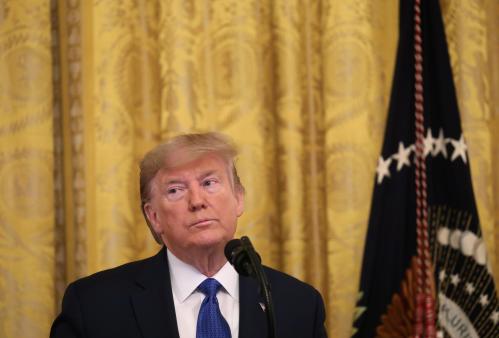
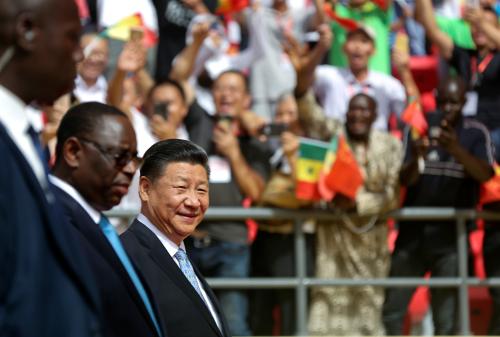
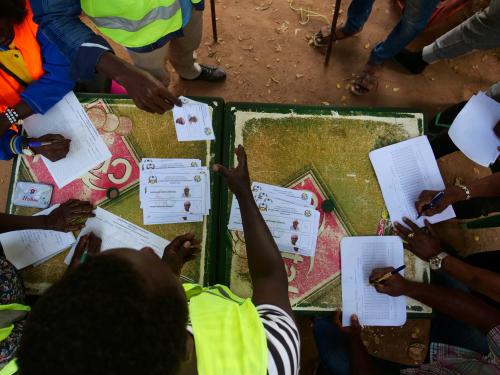

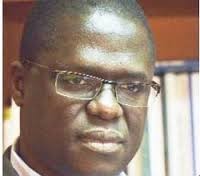



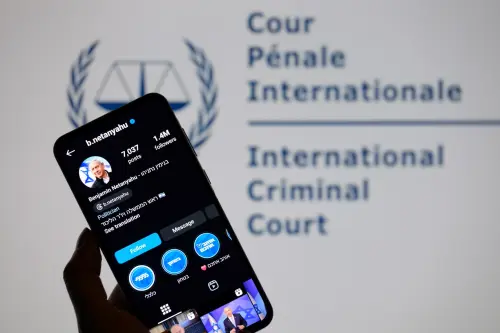

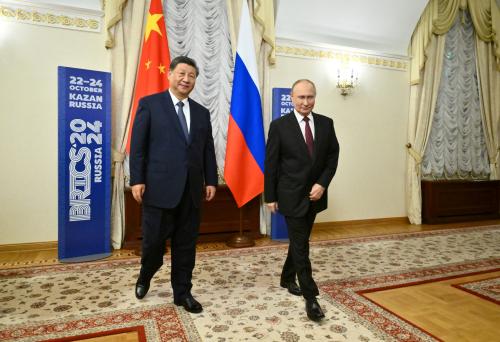
Commentary
A conversation on Secretary Pompeo’s February 2020 trip to Africa
February 11, 2020